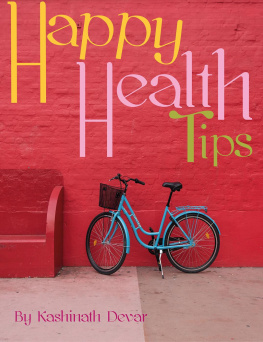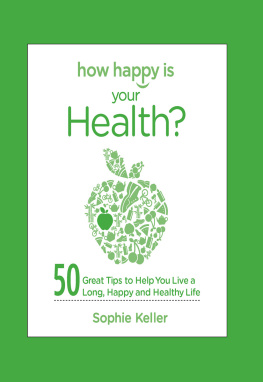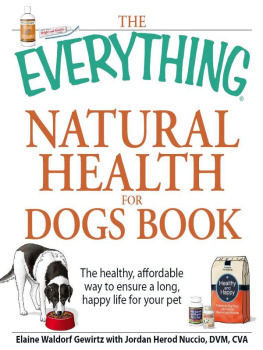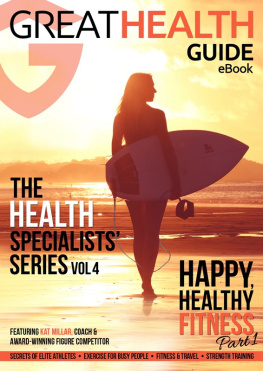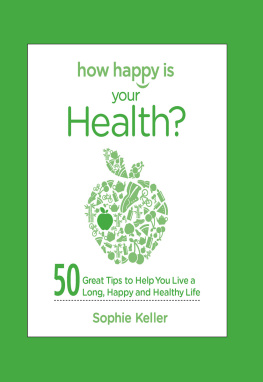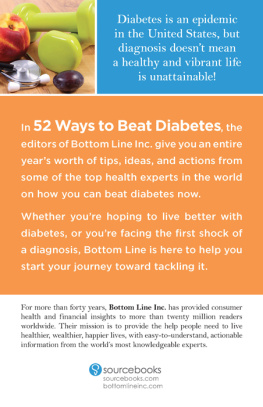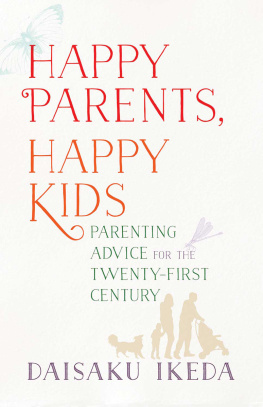



Terms and Conditions
LEGAL NOTICE
The Publisher has strived to be as accurate and complete as possible in the creation of this report, notwithstanding the fact that he does not warrant or represent at any time that the contents within are accurate due to the rapidly changing nature of the Internet.
While all attempts have been made to verify information provided in this publication, the Publisher assumes no responsibility for errors, omissions, or contrary interpretation of the subject matter herein.
Any perceived slights of specific persons, peoples, or organizations are unintentional.
In practical advice books, like anything else in life, there are no guarantees of income made. Readers are cautioned to reply on their own judgment about their individual circumstances to act accordingly.
This book is not intended for use as a source of legal, business, accounting or financial advice. All readers are advised to seek services of competent professionals in legal, business, accounting and finance fields.
Y ou are encouraged to print this book for easy reading

. EYE - PREVENTING Vision Loss Tips
2. TONGUE
3. THROAT: How to Treat Sore Throat at Home
4. DENTAL HEALTH: Tips Oral Hygiene for perfect WHITE TEETH
5. NOSE: How to Clear a Stuffy Nose Instantly
6. HEADACHE -: Causes and Treatment
7. HAIR: Hair Loss / Fall
8. EAR: How to take care of Ears Improve Hearing
9. SKIN: Winter Skin / Glow Tips
10. Digestive System: Improve Your Digestive System
11. BLADDER: maintain the health of bladder
12. SLEEP: Simple, Fast and Increase Quality
13. Healthy Lifestyle
14. STRESS: Management is Beneficial to Health
15. Dealing with Depression: A Guide
16. REMOVE TOXINS: From Your Body

A CCORDING TO SOME RESEARCH , eating a lot of saturated fats and having excessive cholesterol levels may both contribute to the development of age-related eye illnesses including macular degeneration. Additionally, additional illnesses like diabetes and high blood pressure, which both exacerbate many retinal eye problems, are caused by substances in your system. In addition to conditions like diabetic retinopathy or hypertensive retinopathy, which can result in blindness, cholesterol plaques that form as a result of the cholesterol being lodged in your arteries can also cause eye damage. The eye, causing a stroke inside the eye that is known as a Holland horse plaque.
That means cutting back on foods high in harmful fats, such fast food and processed meats, as well as high-fat dairy products like milk, butter, and cheese, may be good for your eyes as well as the rest of your body, including the heart and blood vessels. The fact that you have a lower body mass index actually makes everything worse. Hence, going outside, exercising, and viewing. Eat is once again linked to fewer problems with your eyes, where you should cut back on trans fats and up your intake of omega-3 fatty acids. If you didn't know, omega-3 fatty acids are thought to be the healthy fats that can be found in several naturally occurring food sources, like.
Salmon and other oily fish, as well as some plant foods like nuts and seeds. Even while I've only found fish oil capsules to be one option, there is an algae-based supplement that you can take instead. There are currently numerous discussions about omega-3 fish oils and their potential benefits for heart health, joint health, and even neurological brain health. Numerous documented exist. Studies that support the idea that omega-3 fatty acids can prevent and treat retinal disease as well as the symptoms of dry eye. What's particularly intriguing is that studies have repeatedly found that individuals who consume diets high in omega-3 fatty acids had a lower risk of acquiring age-related eye disorders like macular degeneration and diabetes.
To consume more meals that are rich in antioxidants. That would be specifically fruits and veggies. Vitamin C, vitamin E, zinc, and a very potent eye nutrient known as tine are frequently included in meals such fruits and vegetables that contain high levels of potent antioxidants. The amount of structural support is truly what matters. The layer of pigment in the rear of the eye. By taking these vitamins, you boost the amount of that pigment, which aids in preventing age-related eye diseases primarily by shielding our eyes from harm caused by high-energy light from the sun and electronic gadgets. I still believe that it's preferable to attempt to eat healthily and obtain all of your nutrients naturally rather than through pills.
Many people will find it unpleasant to learn that they should stop smoking. And the reason for this is that tobacco usage in general and cigarette smoking in particular are linked to increased risk factors for eye illnesses including macular degeneration. Again, a blinding eye disease that develops in adults in their fifties and later, as well as research into dry eyes, uveitis, a serious eye inflammation, and a disorder known as thyroid eye disease.
In short
Consume a nutritious, balanced diet. Your diet should be rich in fruits and vegetables, particularly leafy green and dark yellow veggies. Your eyes can also benefit from eating seafood high in omega-3 fatty acids, such as salmon, tuna, and halibut. Keep a healthy weight. Your chance of developing diabetes rises if you are obese or overweight. Diabetes increases your risk of developing glaucoma or diabetic retinopathy. Exercise frequently. Diabetes, high blood pressure, and high cholesterol may all be controlled or prevented with exercise. Some eye or vision issues may result from these illnesses. Therefore, you can reduce your risk of developing these eye and vision issues by exercising frequently.
Put on your shades. Your risk of cataracts and age-related macular degeneration increases if you spend too much time in the sun. Use sunglasses that completely or nearly completely block UV-A and UV-B radiation to safeguard your eyes. Eye protection is a must. Eye protection is required for some sports, industry and construction activities, as well as home improvement or repair projects if you want to avoid eye damage. Don't smoke, Smoking can harm the optic nerve and raises the risk of developing age-related eye conditions such macular degeneration and cataracts.
Next page
